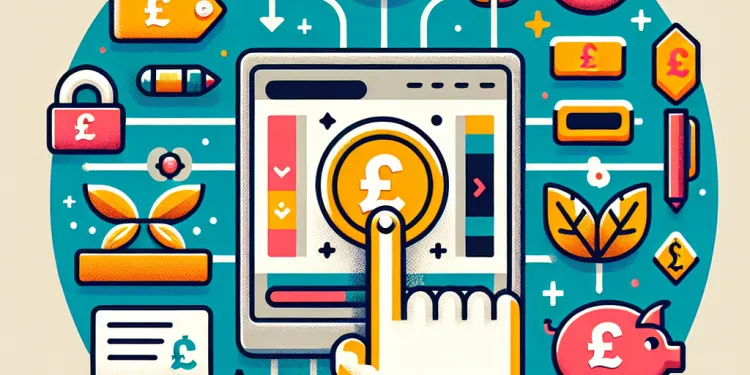
Find Help
More Items From Ergsy search
-
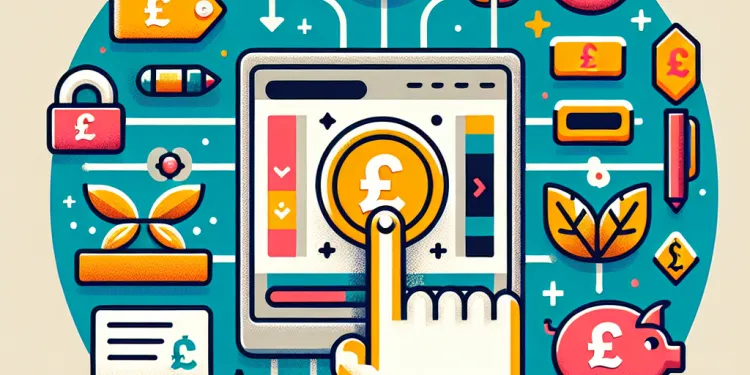
Will personal savings allowances be updated in 2026?
Relevance: 100%
-

Will the personal allowance be altered for the 2026 tax year?
Relevance: 58%
-
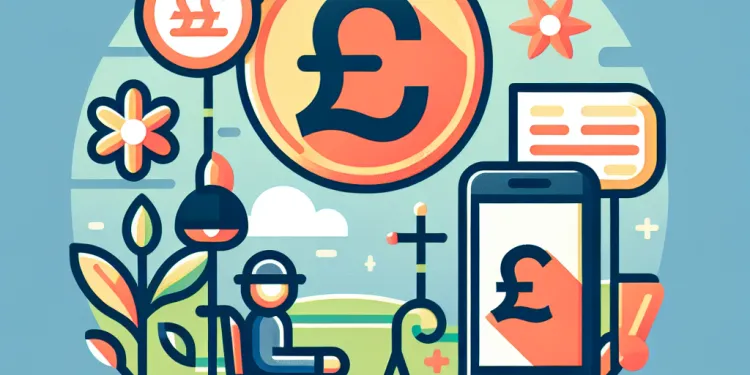
What is Personal Independence Payment (PIP) & Attendance Allowance?
Relevance: 55%
-
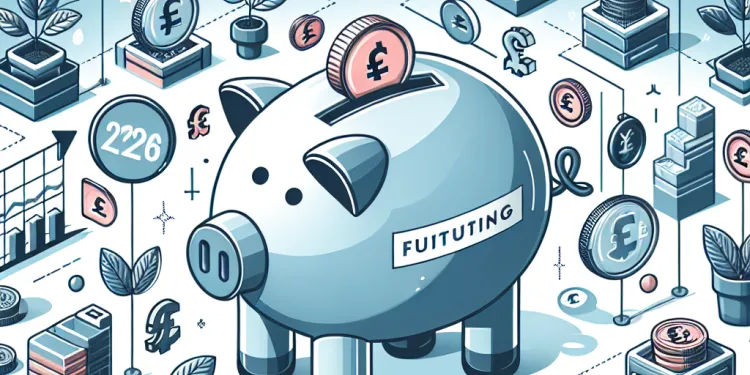
Will pension contribution allowances be affected in 2026?
Relevance: 45%
-
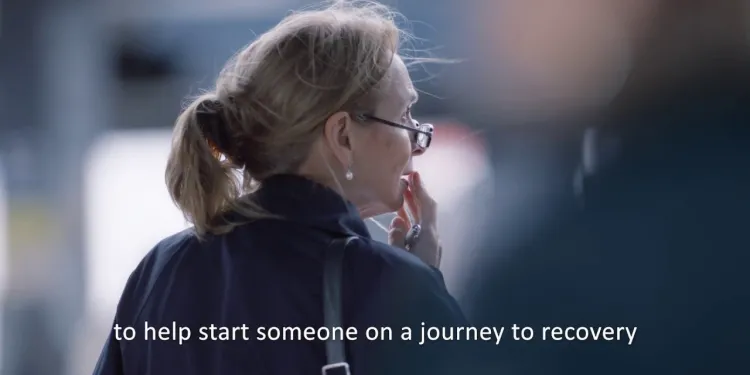
Small Talk Saves Lives
Relevance: 44%
-

How can individuals protect their retirement savings?
Relevance: 43%
-
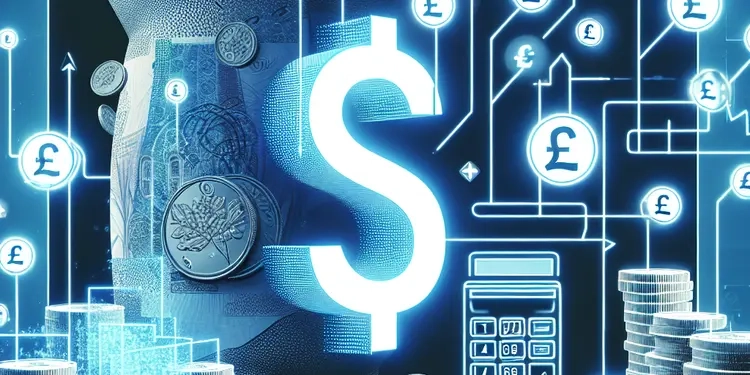
Can I save money by switching my bank?
Relevance: 39%
-

Do all religions allow cremation?
Relevance: 38%
-
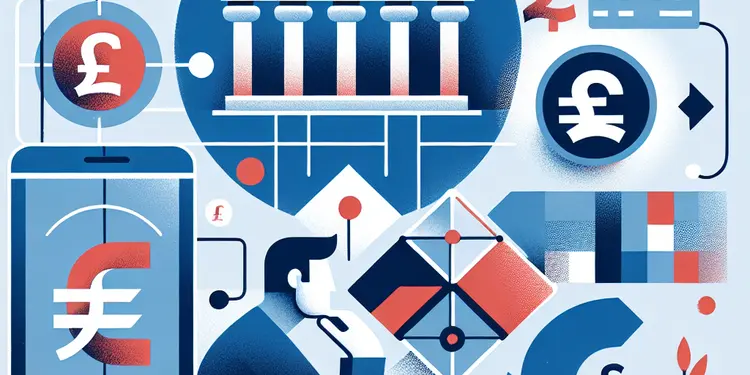
Can I save money by switching my bank?
Relevance: 38%
-

How do better interest rates help me save money?
Relevance: 38%
-
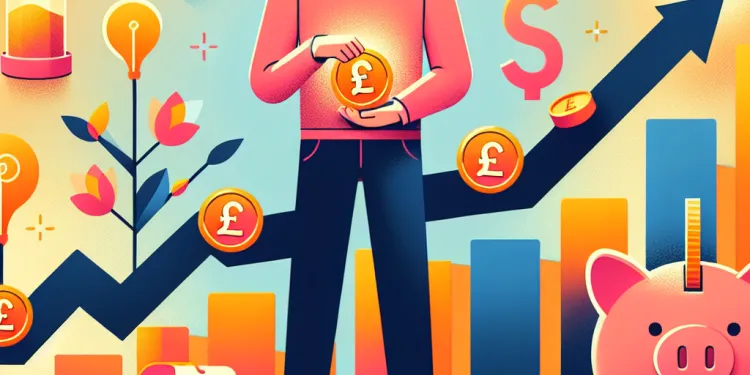
Saving for the Future: The Best ISAs to Consider Right Now
Relevance: 37%
-

Can inmates have personal belongings?
Relevance: 36%
-
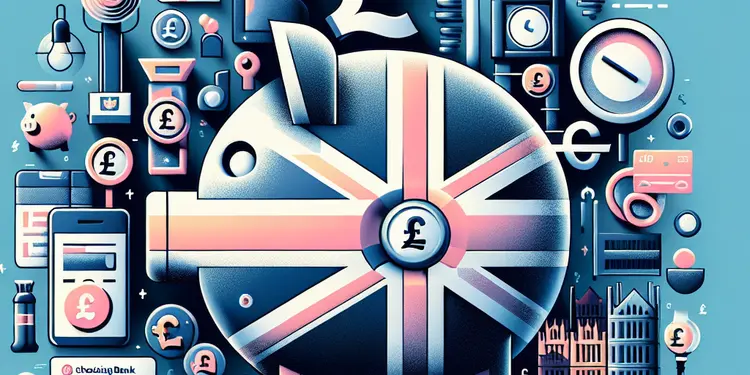
Should I switch my savings account, checking account, or both?
Relevance: 36%
-
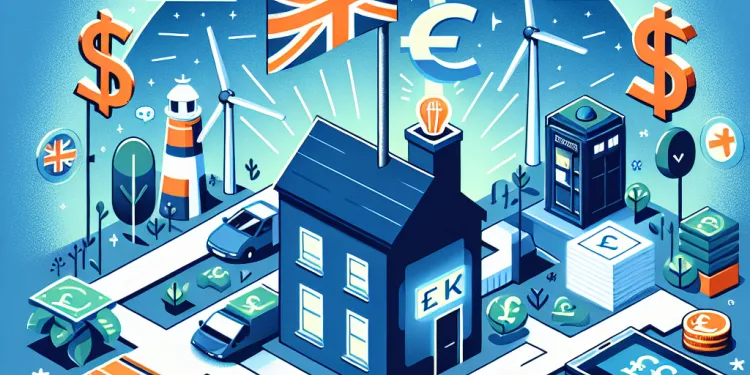
Can I still save money by switching suppliers if the price cap is in place?
Relevance: 35%
-
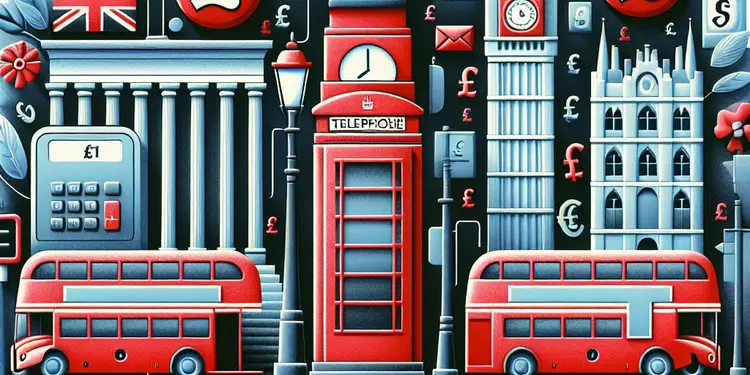
What should I consider when switching banks to save money?
Relevance: 34%
-

Can residents personalize their living space in a care home?
Relevance: 34%
-

What types of memorials are allowed in woodland burial sites?
Relevance: 33%
-
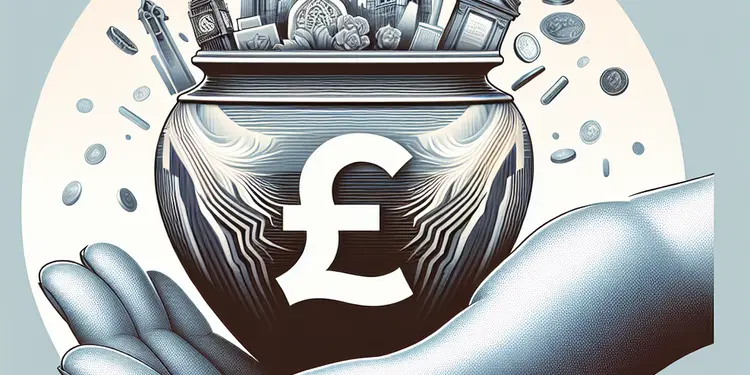
Are you allowed to scatter ashes anywhere?
Relevance: 33%
-
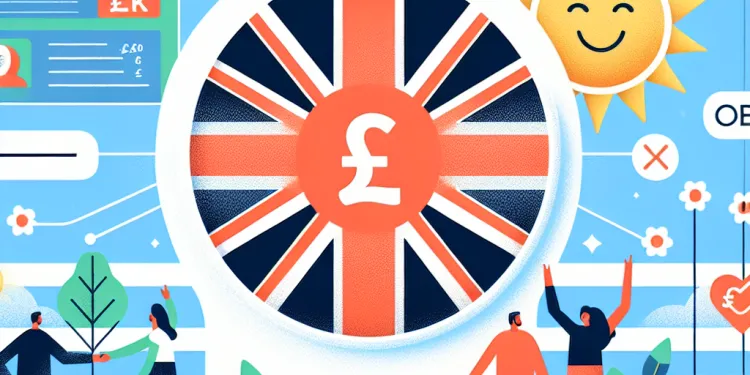
What is Personal Independence Payment (PIP)?
Relevance: 33%
-

Is embalming allowed in natural burials?
Relevance: 33%
-
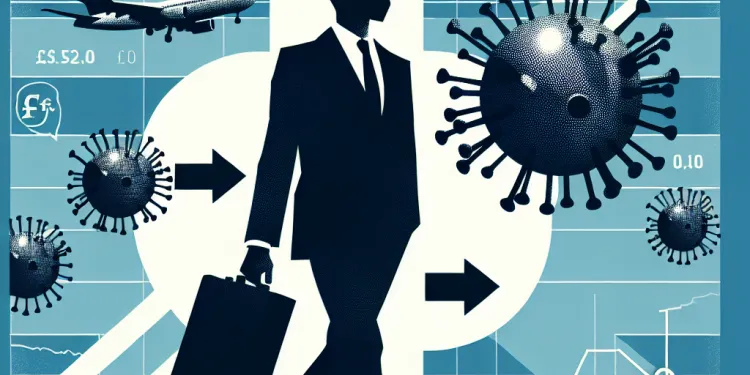
Can Chikungunya be transmitted from person to person?
Relevance: 32%
-

Bluetooth Tracker with Personal Alarm
Relevance: 32%
-

Can Zika virus be spread from person to person in the UK?
Relevance: 32%
-
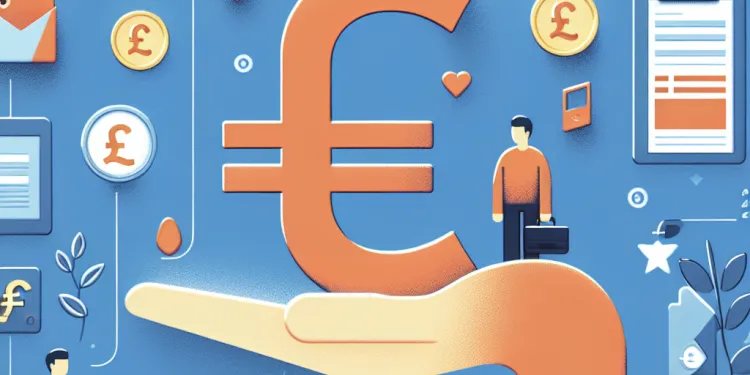
What is Personal Independence Payment (PIP)?
Relevance: 31%
-
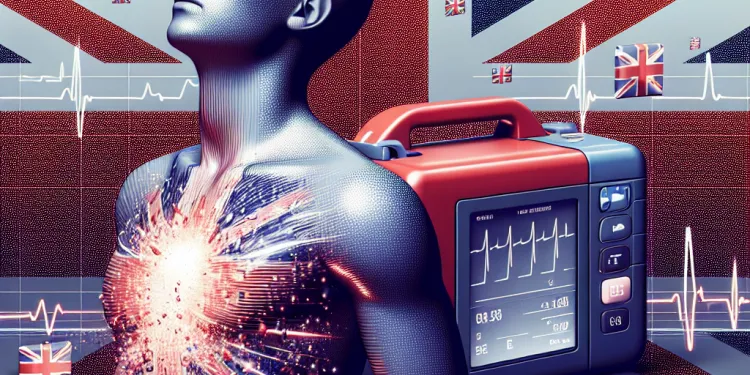
Can you use a defibrillator on a wet person?
Relevance: 30%
-

Can nettle rash spread from person to person?
Relevance: 30%
-

Can Nipah Virus be transmitted from person to person?
Relevance: 30%
-
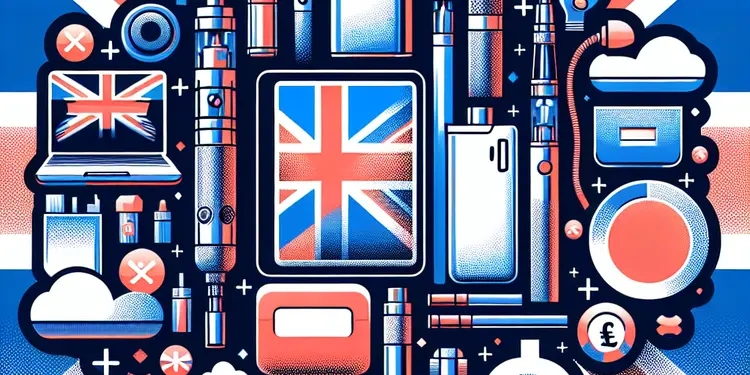
Is online sale of e-cigarettes still allowed?
Relevance: 30%
-
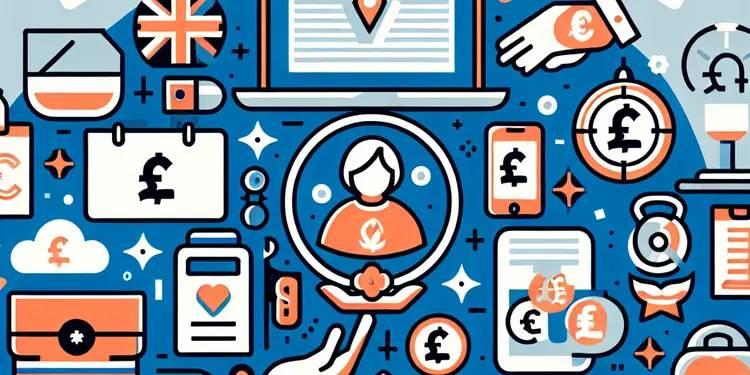
How do live-in caregivers manage their personal time?
Relevance: 29%
-
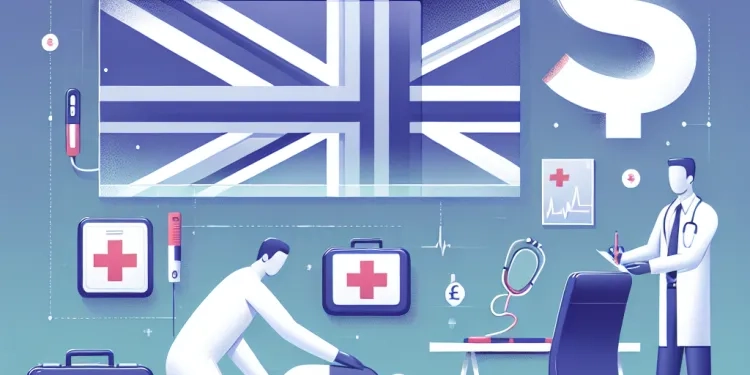
Can I take first aid courses in person?
Relevance: 29%
-
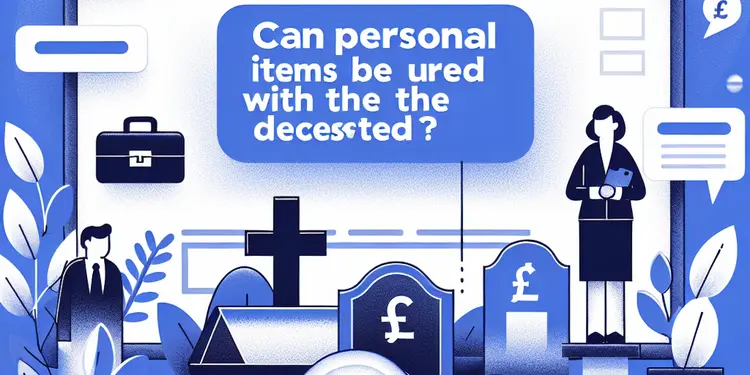
Can personal items be buried with the deceased?
Relevance: 28%
-
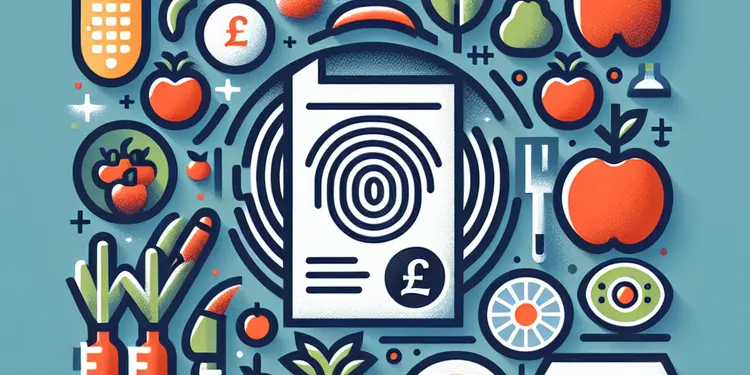
Do I have to provide personal information to access a food bank?
Relevance: 28%
-
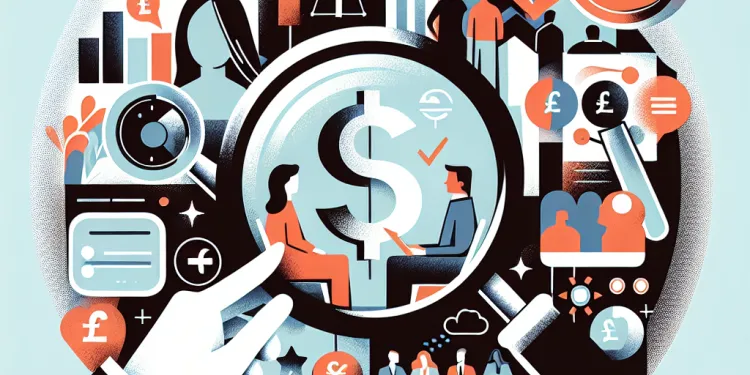
Is feedback allowed on the HMRC Employer Bulletin?
Relevance: 27%
-
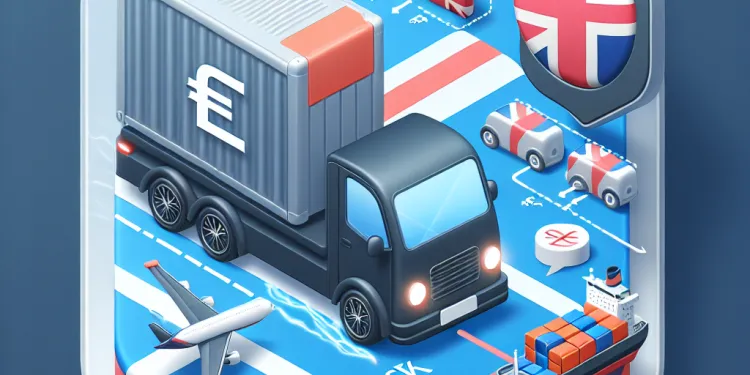
Does the EV grant apply to personal import vehicles?
Relevance: 26%
-
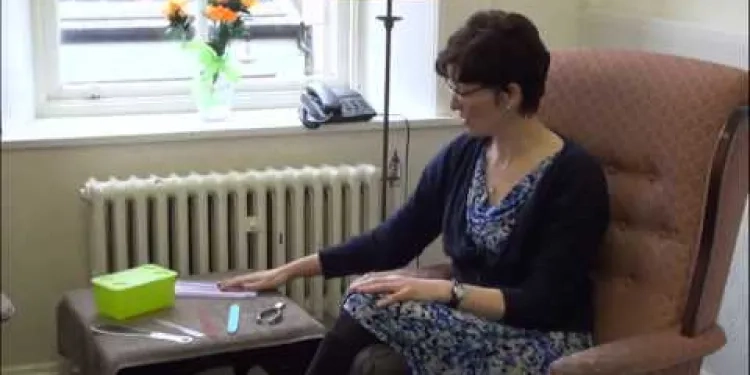
Podiatrist Personal Footcare
Relevance: 25%
-

How long is a person with measles contagious?
Relevance: 25%
-

Short Films About Mental Health - Personality Disorders
Relevance: 25%
-
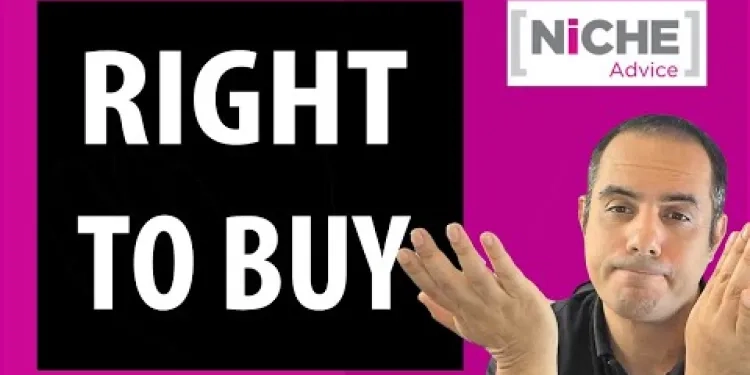
RIGHT TO BUY MORTGAGE - LET ME SAVE YOU TIME AND MONEY
Relevance: 25%
-

Personal Health: Navigating the NHS for Efficient Care
Relevance: 24%
-
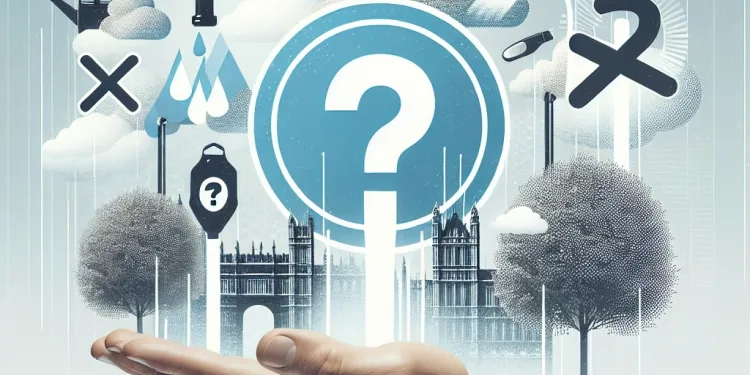
Is using a pressure washer allowed during a hosepipe ban?
Relevance: 24%
Introduction
Personal Savings Allowances (PSAs) have been a part of the UK tax landscape since their introduction in April 2016. They allow individuals to earn a certain amount of interest on their savings without having to pay tax on it. However, as the financial environment evolves, many savers and taxpayers are curious about whether these allowances will be updated in 2026 to better reflect current economic conditions.
Current Personal Savings Allowances
As of now, basic rate taxpayers in the UK can earn up to £1,000 in savings interest annually without paying tax, while higher rate taxpayers have an allowance of £500. Additional rate taxpayers do not receive a personal savings allowance. The introduction of the PSA was a significant reform intended to simplify tax for savers and encourage savings among the UK populace.
Potential Reasons for Updating PSAs
Several factors could drive the government to update personal savings allowances in 2026. Inflationary pressures, changes in interest rates, and general economic conditions could all necessitate a reevaluation of these allowances. As the cost of living increases, there may be calls to raise the thresholds to ensure they remain beneficial and relevant to today's economic climate. Additionally, updating these allowances could be an attractive policy for a government seeking to support savers and stimulate economic growth.
Impact of Economic Changes
The economic environment in the UK has seen significant shifts over the past few years, influenced by Brexit, the COVID-19 pandemic, and global economic tensions. In response, the Bank of England has made several interest rate adjustments. If interest rates rise substantially by 2026, the interest earned by savers will increase, potentially pushing more savers over the current PSA thresholds. This may necessitate an adjustment to prevent unintended tax burdens on ordinary savers.
Government Review Process
Typically, any decision to update personal savings allowances would follow a comprehensive review by HM Treasury and would likely involve consultations with financial experts and stakeholders. Such reviews aim to ensure that tax policies remain equitable and aligned with fiscal objectives. Should there be an update in 2026, it would likely be part of a broader package of tax measures introduced in the government's annual budget or a specific financial statement.
Conclusion
While it remains uncertain whether personal savings allowances will be updated in 2026, various economic factors could prompt a review. As the date approaches, savers and financial advisors will be keenly watching for any announcements by the government. In the meantime, individuals are encouraged to stay informed about current allowances to maximize their tax efficiency.
Introduction
Since April 2016, people in the UK have had a Personal Savings Allowance (PSA). This means you can earn some interest on your savings without paying tax. Many people wonder if these rules will change in 2026 because the economy is different now.
Current Personal Savings Allowances
Right now, if you are a basic rate taxpayer, you can get up to £1,000 interest from savings each year without paying tax. If you are a higher rate taxpayer, you can earn £500 interest without tax. If you are an additional rate taxpayer, you don’t get this allowance. The PSA was made to make taxes easier and to help people save money.
Potential Reasons for Updating PSAs
There are a few reasons why the government might change the PSAs in 2026. Prices can go up (this is called inflation), interest rates might change, and the economy can affect how much people can save. If living costs rise, the PSA might need to change to help people save money. Changing the PSA could help the economy and support savers.
Impact of Economic Changes
The UK economy has changed a lot with Brexit and COVID-19. The Bank of England has changed interest rates. If rates go up by 2026, people might earn more interest and could exceed the current threshold. This may mean the PSA needs updating to avoid extra taxes on savers.
Government Review Process
Before changing the PSA, the UK government would usually review the situation. This involves HM Treasury talking to financial experts and others. They want to make sure tax rules are fair and good for the economy. If the PSA changes in 2026, it could be part of a bigger plan with other tax changes.
Conclusion
We don’t know yet if PSAs will change in 2026, but the economy might make a review necessary. As 2026 gets closer, people who save money and financial advisors will be watching for government news. Meanwhile, people should know about current PSAs to save money on taxes efficiently.
Frequently Asked Questions
What are personal savings allowances?
Personal savings allowances are the amount of interest you can earn from savings before having to pay tax on it.
Will personal savings allowances be updated in 2026?
There has been no official announcement yet regarding updates to personal savings allowances in 2026.
How often are personal savings allowances reviewed?
Personal savings allowances are typically reviewed periodically by the government, often in line with fiscal policies or economic needs.
What is the current personal savings allowance?
As of the latest data, the personal savings allowance is £1,000 for basic rate taxpayers and £500 for higher rate taxpayers.
Why might personal savings allowances be updated?
They might be updated to reflect changes in economic conditions, inflation, or tax policies.
Who decides on updates to personal savings allowances?
Updates to personal savings allowances are typically decided by the government, usually within the context of the national budget.
How could an update in personal savings allowances impact savers?
An increase in allowances could lead to higher tax-free interest earnings for savers, whereas a decrease could reduce this benefit.
Where can updates on personal savings allowances be found?
Updates can be found in government budget announcements and official financial advisory sources.
Could personal savings allowances be removed entirely?
While unlikely, significant policy changes could result in adjustments to the allowances but removal entirely would require parliamentary approval.
Are personal savings allowances different for different types of income?
Yes, they specifically apply to interest from savings and are separate from allowances or thresholds for other types of income like wages or investments.
Can personal savings allowances vary by region in the UK?
Personal savings allowances are set at the national level and are the same across all regions in the UK.
How do changes in interest rates affect personal savings allowances?
Changes in interest rates don't directly affect allowances, but higher interest rates could lead to more people exceeding their allowances.
Is the personal savings allowance the same for all taxpayers?
No, basic rate taxpayers have a higher allowance than higher rate taxpayers, and additional rate taxpayers receive no allowance.
Are personal savings allowances indexed to inflation?
Currently, personal savings allowances are not indexed to inflation and are set in monetary terms.
How can taxpayers calculate if they exceed their personal savings allowance?
Taxpayers can calculate this by totaling their annual interest income and comparing it to their applicable allowance.
What happens if you exceed your personal savings allowance?
Interest income exceeding the allowance is subject to taxation at your marginal tax rate.
When was the personal savings allowance last updated?
The personal savings allowance was last updated for the tax year 2016-2017.
How does one claim the personal savings allowance?
The allowance is automatically applied by HMRC, and taxpayers will only need to pay tax on interest above their allowance.
Can personal savings allowances affect investment decisions?
Yes, they can influence saving behaviors and the attractiveness of different saving products, depending on their tax efficiency.
What should taxpayers do if they have more questions about their allowance?
Taxpayers should consult HMRC, their financial advisor, or government-issued guidelines for specific queries.
What are personal savings allowances?
Personal savings allowances are rules about money you can earn from saving. It means how much interest you can get from your savings without paying extra money in taxes. Think of it as a special gift from the government.
Here's how it works:
- If you pay a little tax, you can earn some interest without paying extra tax.
- If you pay a bit more tax, you might have a smaller amount you can earn without extra tax.
Tools that can help:
- Use a simple calculator to add up your savings interest.
- Ask someone you trust to explain tricky parts.
- Watch videos that talk about money and savings.
Personal savings allowances are the amount of money you can earn from interest on your savings before you have to pay tax on it.
Will the rules about how much money you can save change in 2026?
If you save money, special rules help you keep some of it safe from tax. People want to know if these rules will change in the year 2026.
Here is how you can understand and find out more:
- Ask an adult for help: They can explain what these money rules mean.
- Check online: You can look up news about savings rules on the internet.
- Use a calculator tool: Some websites let you type in your savings to see how the rules might affect you.
It is always good to stay informed about changes in money rules!
The government has not said anything official about changes to personal savings allowances in 2026 yet.
How often do people check personal savings limits?
The government checks personal savings allowances every so often. They do this to match their money rules or what the economy needs.
Here are some ways to understand this better:
- Use pictures or charts to see how allowances change.
- Ask someone to read it out loud with you.
- Use simple maths to see how your savings can grow.
How much money can I save before paying tax?
The most recent information says people who pay the normal amount of tax can save up to £1,000 without paying extra tax. People who pay more tax can save up to £500 without paying extra tax.
Why do personal savings rules change?
Rules about how much money you can save without paying extra can change. This might happen to help make sure everyone is treated fairly with their money.
If money rules change, you might need to read letters or listen to people explain new rules. You can use tools like online videos or talk to a helper to understand the changes better.
These numbers might change if money rules, prices, or taxes change.
Who decides about changes to savings allowances?
When the rules about how much money you can save change, who makes that decision?
If you find reading hard, you can ask someone to read to you. You can also use tools that read text out loud.
Changes to how much money you can save without paying tax are usually decided by the government. They often talk about it when planning the country's budget.
How might changes to personal savings rules affect you?
Sometimes, the government changes the rules about how much money you can save without paying extra charges. This is called a savings allowance.
If these rules change, it could mean you get to keep more of the money you save.
If you're not sure what this means for you, you can ask a friend or use tools to help understand money better, like speaking to a helper at the bank.
If you get more allowances, you can make more money from savings without paying tax. But if allowances go down, you make less money without paying tax.
Where can I find news about my savings money rules?
You can find updates in government talks about money and from official people who give advice about money.
Could they take away personal savings allowances?
It is not very likely, but big changes to the rules could change the allowances. To take them away completely, the government would need to agree.
Do different kinds of income have different personal savings allowances?
Some types of money you earn can have different savings rules. It's like how a toy can cost more or less depending on where you buy it. If you're not sure, talking to an adult or using money apps can help!
Yes, these rules are just for interest you earn from savings. They are not the same as the rules for other types of money you might earn, like money from a job or from investments.
Do personal savings allowances change in different parts of the UK?
When you save money, the government lets you earn a bit of interest without paying tax. This is called a personal savings allowance. But, does this allowance change if you live in a different part of the UK?
To understand this better, you can try:
- Asking an adult to help explain.
- Using tools like a dictionary or the internet for simple answers.
- Drawing a map of the UK and marking where you live.
Everyone in the UK has the same rules for how much money they can save without paying tax.
How do changes in interest rates affect personal savings allowances?
Interest rates are like the cost of borrowing money. They can go up or down.
When interest rates change, it can change how much money you earn from the money you save in a bank.
If interest rates go up, you might earn more money from your savings.
If interest rates go down, you might earn less money from your savings.
Your personal savings allowance is the amount of money you can earn from savings before paying tax.
When interest rates change, it can affect how much of your savings interest you can keep before paying tax.
Using tools like a calculator can help you understand how interest changes affect your money.
Changes in interest rates do not directly change allowances. But, if interest rates go up, more people might go over their allowance.
Do all people have the same amount of tax-free savings?
No, people who pay the basic tax rate get a bigger allowance than those who pay a higher tax rate. People who pay the highest tax rate do not get any allowance at all.
For help understanding taxes, you can use simple guides or ask someone who knows about taxes to explain it to you.
Do Personal Savings Allowances Change with Rising Prices?
Right now, personal savings allowances do not change with inflation. They have a fixed money value.
How can people know if they save too much money for no tax?
People who pay taxes can figure this out. They need to add up all the interest money they earn in a year. Then, they should see if this amount is more or less than the amount they are allowed to earn tax-free.
What happens if you save more than your allowance?
If you have more money saved than your savings allowance, you might have to pay tax on the extra money.
Here are some tips to help you:
- Ask someone you trust to explain it to you.
- Use a calculator to see how much extra money you have.
- Talk to a bank worker if you need more help.
If you earn more interest than your allowance, you will need to pay tax on it. The tax rate will be the same as your usual tax rate.
When did they last change the personal savings allowance?
Tip: You can use a calendar to help remember changes. Invite someone to help you find out more.
The amount of money you can save without paying tax was last changed in the year 2016-2017.
How can you get your personal savings allowance?
If you have some money saved, you might not have to pay tax on all of it. This is called the personal savings allowance.
To get it, you don't need to do anything special. The bank or building society tells the tax office about your savings. The tax office makes sure you pay the right amount of tax.
If you think you're paying too much tax, you can check your tax with a tool called a tax checker. You can find this tool online. If you need help, ask someone you trust to help you use it.
The tax office (called HMRC) takes care of the money you can keep without tax. You only pay tax if you get more interest than your allowed amount.
Do personal savings affect choices about investing money?
Yes, taxes can change how people save money. They can also make some saving products look better than others because of how taxes affect them.
What can people do if they have more questions about their allowance?
If you have questions about your allowance, here is what you can do:
- Call the tax office. They can help you understand.
- Visit the tax office website. They have lots of information there.
- Ask someone you trust to help you, like a friend or family member.
These steps can help you find answers about your allowance.
People who pay taxes should talk to HMRC, their money helper, or look at guides from the government if they have questions.
Useful Links
This website offers general information and is not a substitute for professional advice.
Always seek guidance from qualified professionals.
If you have any medical concerns or need urgent help, contact a healthcare professional or emergency services immediately.
- Ergsy carfully checks the information in the videos we provide here.
- Videos shown by Youtube after a video has completed, have NOT been reviewed by ERGSY.
- To view, click the arrow in centre of video.
- Most of the videos you find here will have subtitles and/or closed captions available.
- You may need to turn these on, and choose your preferred language.
- Go to the video you'd like to watch.
- If closed captions (CC) are available, settings will be visible on the bottom right of the video player.
- To turn on Captions, click settings .
- To turn off Captions, click settings again.
More Items From Ergsy search
-

Will personal savings allowances be updated in 2026?
Relevance: 100%
-

Will the personal allowance be altered for the 2026 tax year?
Relevance: 58%
-

What is Personal Independence Payment (PIP) & Attendance Allowance?
Relevance: 55%
-

Will pension contribution allowances be affected in 2026?
Relevance: 45%
-

Small Talk Saves Lives
Relevance: 44%
-

How can individuals protect their retirement savings?
Relevance: 43%
-

Can I save money by switching my bank?
Relevance: 39%
-

Do all religions allow cremation?
Relevance: 38%
-

Can I save money by switching my bank?
Relevance: 38%
-

How do better interest rates help me save money?
Relevance: 38%
-

Saving for the Future: The Best ISAs to Consider Right Now
Relevance: 37%
-

Can inmates have personal belongings?
Relevance: 36%
-

Should I switch my savings account, checking account, or both?
Relevance: 36%
-

Can I still save money by switching suppliers if the price cap is in place?
Relevance: 35%
-

What should I consider when switching banks to save money?
Relevance: 34%
-

Can residents personalize their living space in a care home?
Relevance: 34%
-

What types of memorials are allowed in woodland burial sites?
Relevance: 33%
-

Are you allowed to scatter ashes anywhere?
Relevance: 33%
-

What is Personal Independence Payment (PIP)?
Relevance: 33%
-

Is embalming allowed in natural burials?
Relevance: 33%
-

Can Chikungunya be transmitted from person to person?
Relevance: 32%
-

Bluetooth Tracker with Personal Alarm
Relevance: 32%
-

Can Zika virus be spread from person to person in the UK?
Relevance: 32%
-

What is Personal Independence Payment (PIP)?
Relevance: 31%
-

Can you use a defibrillator on a wet person?
Relevance: 30%
-

Can nettle rash spread from person to person?
Relevance: 30%
-

Can Nipah Virus be transmitted from person to person?
Relevance: 30%
-

Is online sale of e-cigarettes still allowed?
Relevance: 30%
-

How do live-in caregivers manage their personal time?
Relevance: 29%
-

Can I take first aid courses in person?
Relevance: 29%
-

Can personal items be buried with the deceased?
Relevance: 28%
-

Do I have to provide personal information to access a food bank?
Relevance: 28%
-

Is feedback allowed on the HMRC Employer Bulletin?
Relevance: 27%
-

Does the EV grant apply to personal import vehicles?
Relevance: 26%
-

Podiatrist Personal Footcare
Relevance: 25%
-

How long is a person with measles contagious?
Relevance: 25%
-

Short Films About Mental Health - Personality Disorders
Relevance: 25%
-

RIGHT TO BUY MORTGAGE - LET ME SAVE YOU TIME AND MONEY
Relevance: 25%
-

Personal Health: Navigating the NHS for Efficient Care
Relevance: 24%
-

Is using a pressure washer allowed during a hosepipe ban?
Relevance: 24%


